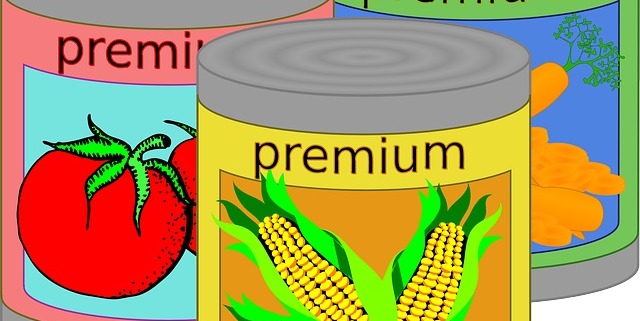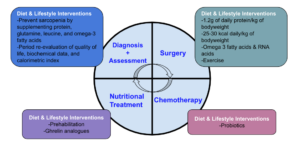Nutrition & Colorectal Cancer Prevention Series: Blog 2
The first installment of this blog series provided an overview of the molecular pathways that enable dietary interventions to prevent and reduce the spread of colorectal cancer (CRC) cells in the body. These pathways have laid the foundation for this week’s installment: addressing the systemic barriers that prevent individuals from accessing the nutrition they need to reduce CRC risk.
Connecting the Dots: Access, Healthy Food, and CRC
The link between food deserts (areas with limited access to low-cost yet nutritious food) and health outcomes is well established. Like most health disparities in the U.S., black, brown, and low-income communities are more likely to live in locations with sparse options for fresh, healthy dietary choices. Individuals living in these food deserts often need to drive an extended distance to access fresh fruits and vegetables, as the options near their residences are canned, frozen, or unavailable. Additionally, food swamps are similarly deficient in healthy nutritional options but are marked by a high ratio of fast food to fresh food options. Lack of proximity to fresh and less processed foods contribute to the social determinants of health and make it far more difficult for individuals in these communities to engage in proactive prevention.
In an article published in May of this year, researchers explored the epidemiologic links between counties with high food desert and food swamp scores and obesity-related cancer mortality rates. Individuals residing in counties with high food swamp scores were found to have significantly (77%) higher odds of obesity-related cancer mortality. The authors similarly identified a positive dose-response relationship between obesity-related cancer mortality and food desert and swamp scores.
Improving Access to Fresh Foods in These Communities
While individuals living in these geographic locations have substantial barriers, local organizations can help provide services that bridge the gap. Many local food pantries have developed programs to bring fresh foods to communities in need. Volunteers will pack pre-selected boxes of fresh ingredients and set up a free farmer’s market in a community that lacks access to those ingredients, eliminating the transportation barrier and making dietary prevention, or the process of maintaining a balanced and nutritious diet to prevent disease, a more accessible goal.
Feeding America has an online tool that locates mobile food pantries with a click and a zip code. Local food pantries may also provide delivery services to elderly or disabled individuals, so check in with your local organization to learn more!
Emma Edwards is a Colorectal Cancer Prevention Intern with the Colon Cancer Foundation.
Picture credit OpenClipart-Vectors from Pixabay.



